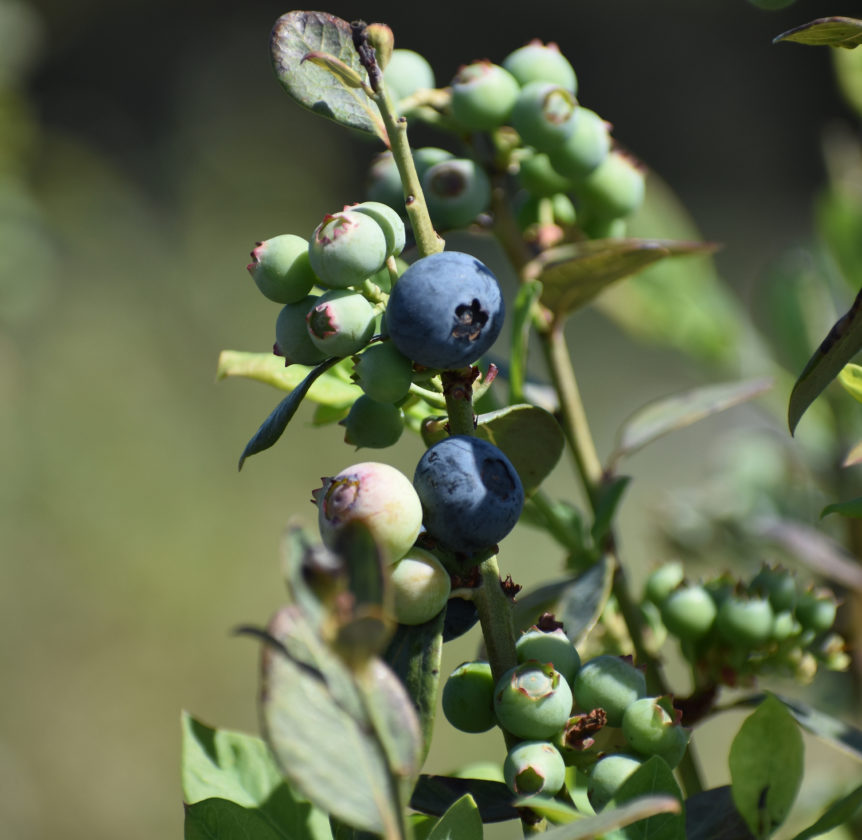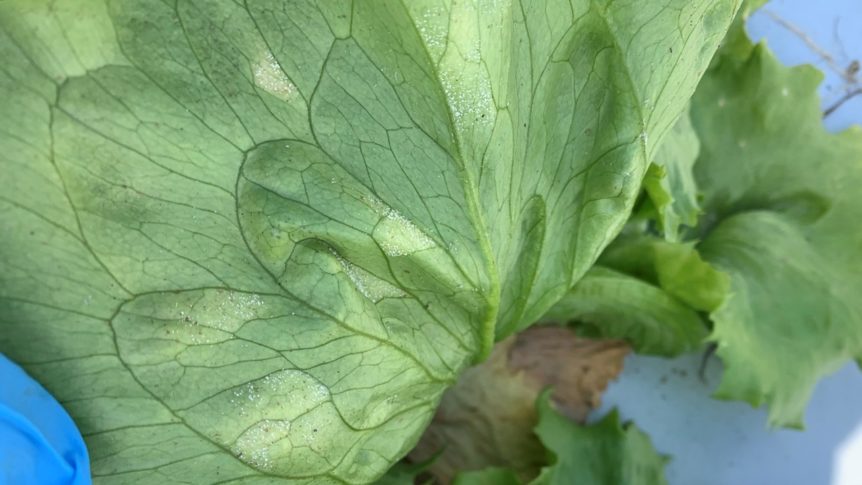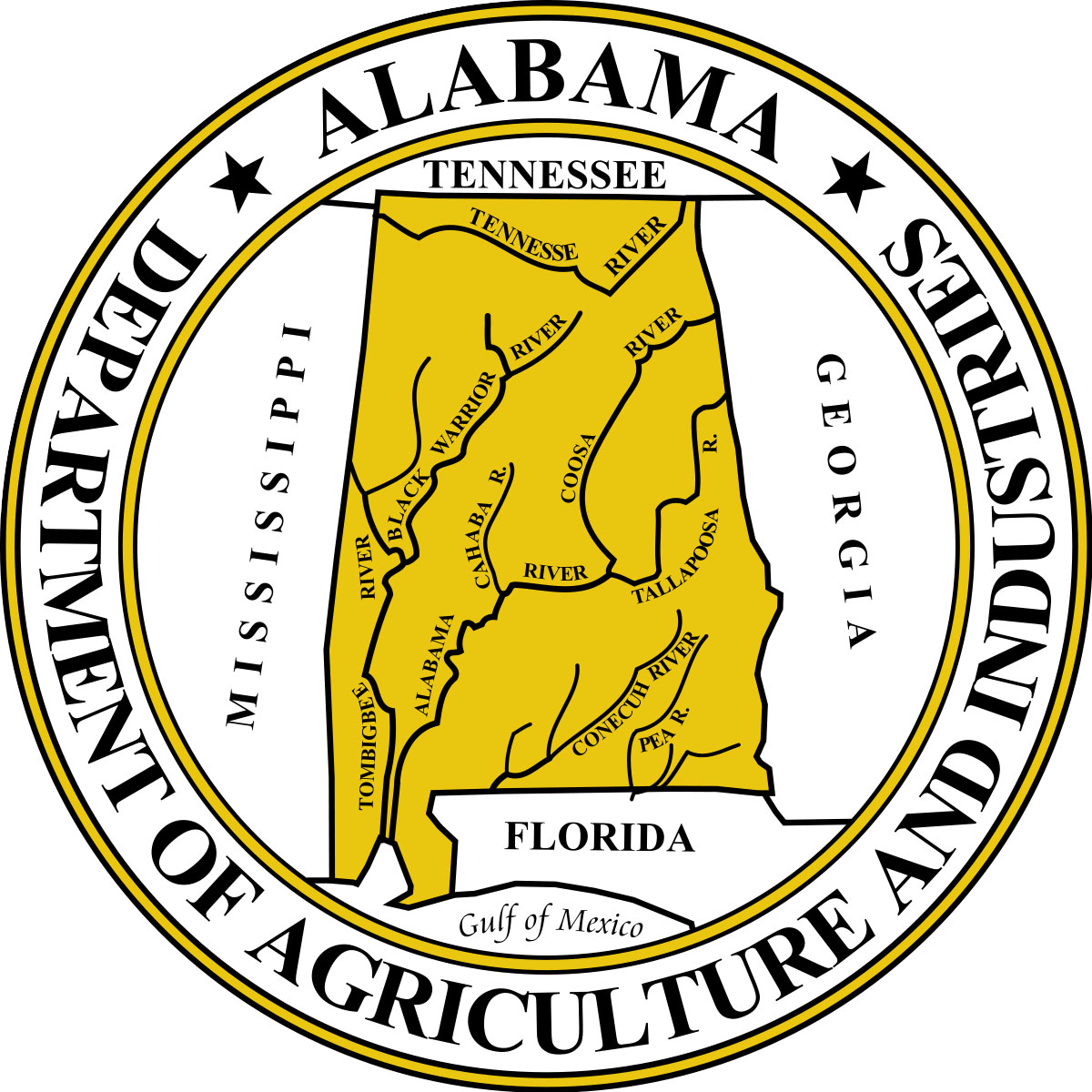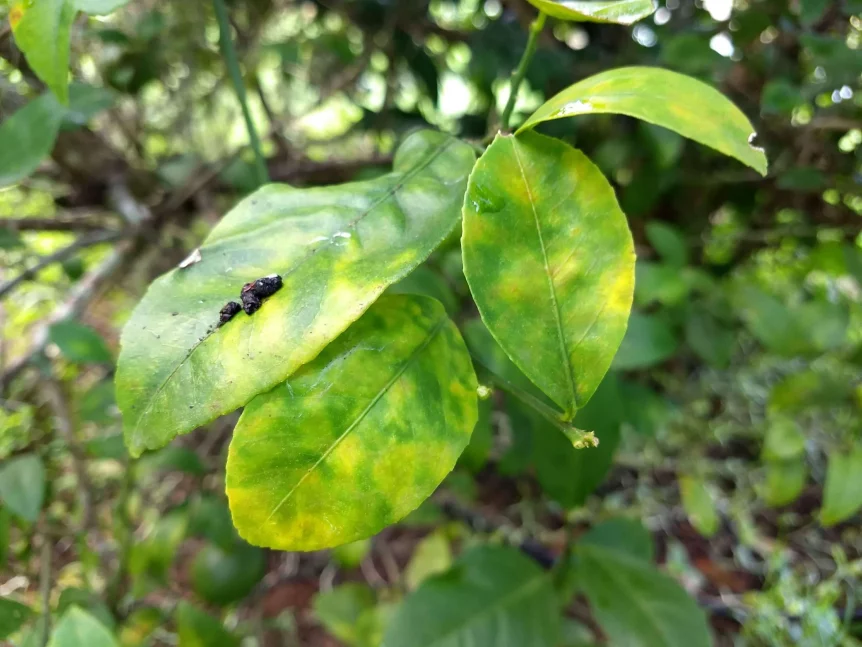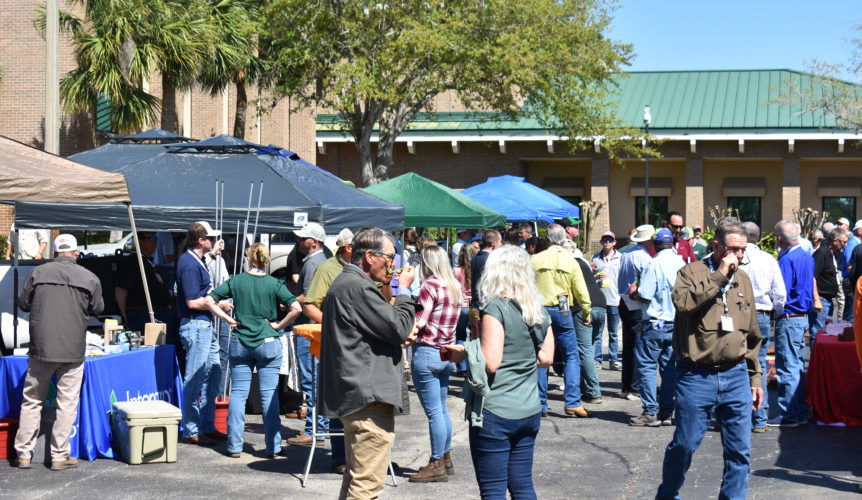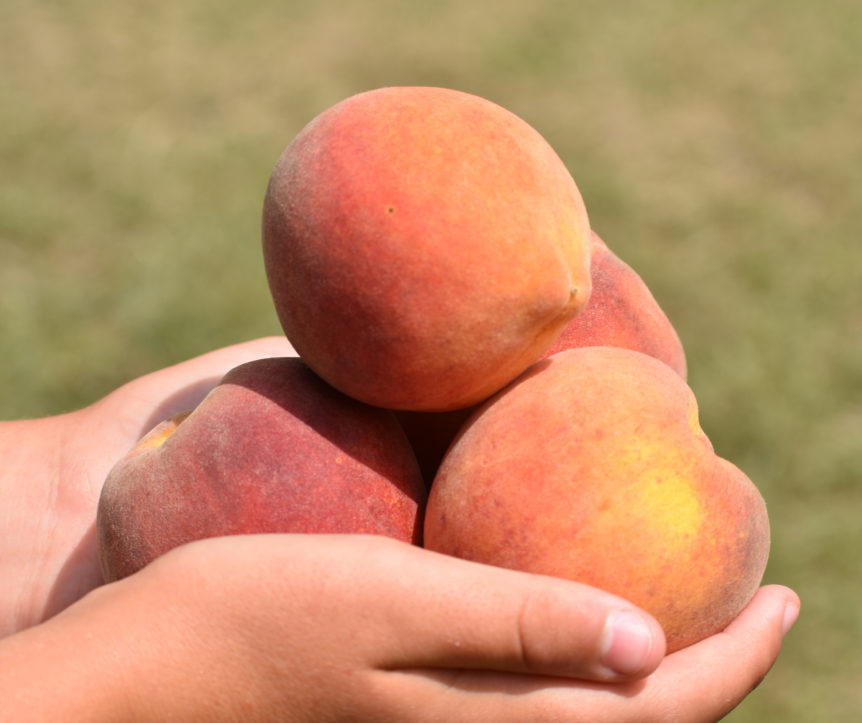By Clint Thompson Florida blueberry producer Ryan Atwood is a couple of weeks away from harvesting substantial volume. But he’s already feeling optimistic about this year’s crop. “I think at the beginning of the season, you always feel optimistic. But I feel good about the timing,” said Ryan Atwood, who lives in Mount Dora, Florida and farms 56 acres of …
Lettuce Downy Mildew Detected in EAA
Downy mildew disease has been detected in lettuce (LDM) in multiple locations in the Everglades Agricultural Area (EAA) in Florida. University of Florida Institute of Food and Agricultural Sciences (UF/IFAS) noted the disease’s observance on Saturday. This year’s detection is later than normal, since prior detections in 2023 and 2024 were reported in February. The weather forecast noted weather conditions …
Unsolicited Seed Packages Delivered to Alabama Residents
MONTGOMERY, Ala. – The Alabama Department of Agriculture and Industries (ADAI) recently received reports of “unsolicited” seeds being delivered to residents across the state through the United States Postal Service (USPS). The seeds reported were identified as tomato and onion seeds and tested negative for harmful compounds. The practice, known as agricultural smuggling, is the illegal import or export of agricultural …
Not If Georgia Will Get HLB, But When
Citrus greening disease, also known as huanglongbing (HLB), is not yet widespread in Georgia. However, there’s no reason to think that it won’t become more of a problem for the state’s citrus growers. Lindy Savelle, executive director of the Georgia Citrus Association (GCA), hopes it doesn’t happen but cautions growers about the disease’s potential beyond Florida. “Something we have to …
Clemson Extension Agents Provide Crop Updates
Weekly Field Update Clemson Extension agents provide updates in The South Carolina Grower this week about the status of various crops being produced throughout the state. Coastal Region Anna Sara Hill Zack Snipes Midlands Rob Last Sarah Scott Upstate Briana Naumuk Andy Rollins
Specialty Crop Grower Magazine: Taking the Message to Washington
Up FrontBy Frank Giles We’ve preached to the choir and shouted from the rooftops about the importance of growers being active advocates on their behalf and making their voices heard by lawmakers at local, state and federal levels. That message is always important but probably now more than ever. With the Trump administration in place and a flurry of activity …
Florida Citrus Show Once Again a Success
By Clint Thompson The Florida Citrus Show was once again a success. It united the specialty crop industry, informed farmers about trends impacting citrus and vegetables, while preparing growers for the upcoming season. And it never hurts to enjoy tailgating treats that were prominent among participating vendors. It was an impactful event, says Morgan Assaf, show organizer for AgNet Media. …
Ambrosia Beetles Control Important for Southeast Pecan Producers
By Clint Thompson Ambrosia beetle control this time of year is crucial for pecan producers in Georgia and Alabama. Young trees are most susceptible, as are those that are growing under stressed conditions. Apurba Barman, an assistant professor of entomology at the University of Georgia Tifton Campus, is highlighting the insect’s management during the county winter meetings. “We started to …
Chlorpyrifos Insecticide Update: June 30, 2025 Cutoff Date
Fruit and vegetable growers who use chlorpyrifos should be reminded that the insecticide can only be applied on food crops until June 30, after which continued use will be banned. University of Florida Institute of Food and Agricultural Sciences (UF/IFAS) researchers advise producers that the products that contain chlorpyrifos are “unlikely to be available for sale and finding alternatives to …
Necessary Evil: Tariffs Help Protect From Overdependence on Foreign Food Supply
By Clint Thompson The threat and subsequent implementation of tariffs on China, Canada and Mexico by the Trump Administration triggered hard feelings and retaliatory tariffs. But it’s a necessary evil so support can be rallied for American businesses, including specialty crop farmers in Florida and Georgia. Chris Butts, executive vice president of the Georgia Fruit and Vegetable Growers Association (GFVGA), …










